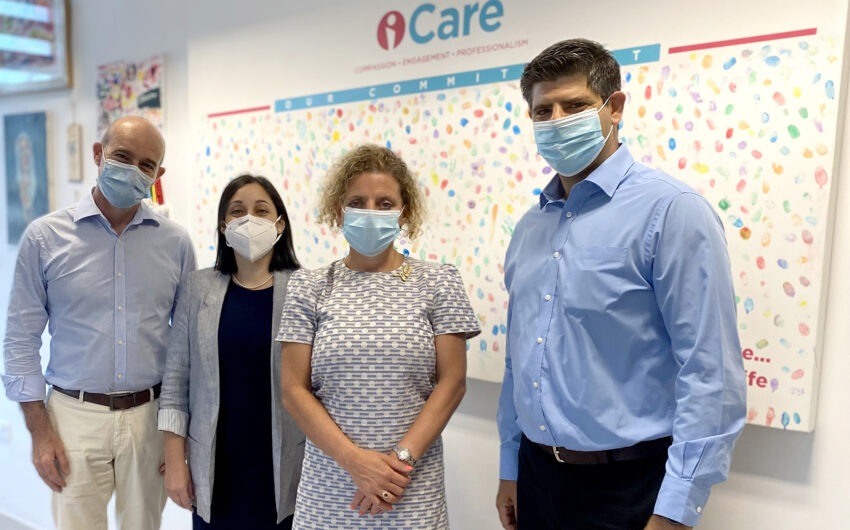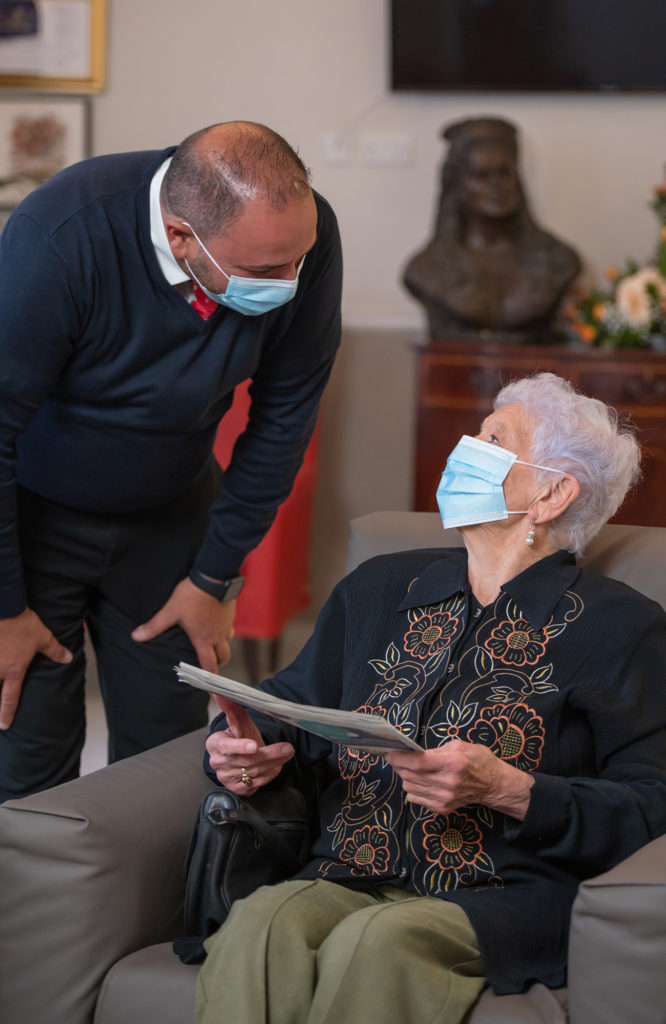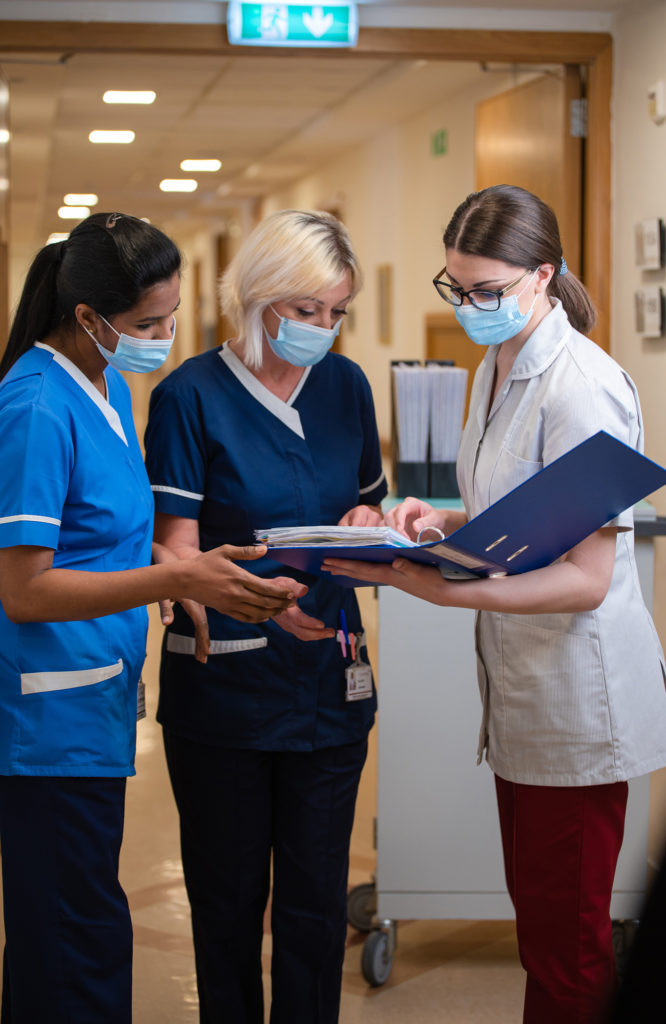
People worldwide have experienced fear and worry in the context of the COVID-19 pandemic. Added to the fear of contracting the virus were the significant changes to our daily lives as our movements were restricted in support of efforts to contain and slow down the spread of the virus.
Stress followed, as we were faced with new realities of working from home, temporary unemployment, homeschooling of children, lockdowns and lack of physical contact with other family members, friends and colleagues. All this left a negative impact on our physical and mental well-being.
“Even though we have been through thick and thin together, the truth is that our employees were pretty much alone throughout the pandemic. We gave them boots and umbrellas, but they were still caught in the ‘rain’,” the CEO says.
“Without a sense of well-being the group is dysfunctional. Unless we sustain and restore the well-being of each individual person inside and out, we will fail. This is our main objective.”
Looking ahead to the future and the group’s diversification prospects, she adds: “We are extending our attention from the resident to the employee and the resident’s family. This is part of our long-term well-being strategy, which we have kicked off with a focus on prevention.”
A word on well-being from the committee members…
Lee Xuereb, Chief People Officer, Vassallo Group
Lee’s role on the committee is that of a consultant, due to his background in occupational psychology and extensive experience in the HR field.
Personally, well-being is a state of mind. Being comfortable in your own skin and feeling well is how I would define well-being. Present and past experiences in life can determine whether we feel well or not.
We all need to strive in order to achieve a sense of well-being.
Professionally, it is all about taking as many steps as possible to ensure that employees achieve and maintain a sense of holistic well-being – encompassing their physical, mental and social health and recognising that their values, personal development and performance contribute to their overall well-being at the workplace.
My background in both occupational and clinical psychology provides me with the necessary tools to help employees achieve well-being on the job, thus being able to listen to their needs.
My role is to contribute to a more holistic view of employee well-being and to ensure that this is developed as a company strategy to achieve the set goals.
Robert Grech, People Operations Manager, CareMalta Group
A physiotherapist by profession, Robert’s role on the committee is to oversee a number of new well-being policies, while ensuring that they are in the best interest of employees.
Rather than focusing only on physical health, well-being must be tackled holistically, taking into consideration a person’s emotional, mental and social health. When employees are in a state of well-being, they can develop their potential, work productively and creatively, build positive relationships with others, cope with stress and make a meaningful contribution.
My management experience has taught me that when people feel that their needs are being met and are given the opportunity to grow personally and professionally, they nurture a sense of esteem and feel they can reach their full potential.
My role is to contribute to the strategy through feedback. I am also developing and drafting a number of well-being policies, to further enhance our commitment towards employee well-being.
We recognise that well-being is key to determining the group’s longer-term goals. The strategy’s main aim is to remove any kind of barriers, provide psychological support and improve communication – in line with the group’s policies and core values.
Denise Tierney, People Analytics and Well-being Executive, CareMalta Group.
Denise ensures that employees are feeling well, motivated and happy at work by being there for their needs.
Good citizenship has always been important to me. Being a considerate and caring person gives me the ability to put things into perspective and make human relations more honest and authentic. My vision of well-being is based on strong values and focuses on the holistic development of employees with a sense of responsibility.
According to the World Health Organisation, “A healthy job is likely to be one where the pressures on employees are appropriate in relation to their abilities and resources, to the amount of control they have over their work and to the support they receive from people who matter to them.”
A healthy work environment is one in which employees make health promotion a priority and part of their working lives – through activities, initiatives and policies that encourage healthy behaviours and outcomes.
My role is to provide employees with guidance, contribute positively to their performance and productivity, inspire them to become engaged and improve their choices for a more fulfilled life.
The aim of the committee is to generate positivity. Outstanding impacts and results at the workplace will in turn lead to faster and better decision-making processes and goal achievement. Employees will also experience a higher self-esteem and lower levels of stress.
No one is immune to burnout. Therefore, my mission is to support and coach employees, so that they can face challenges with resilience.


